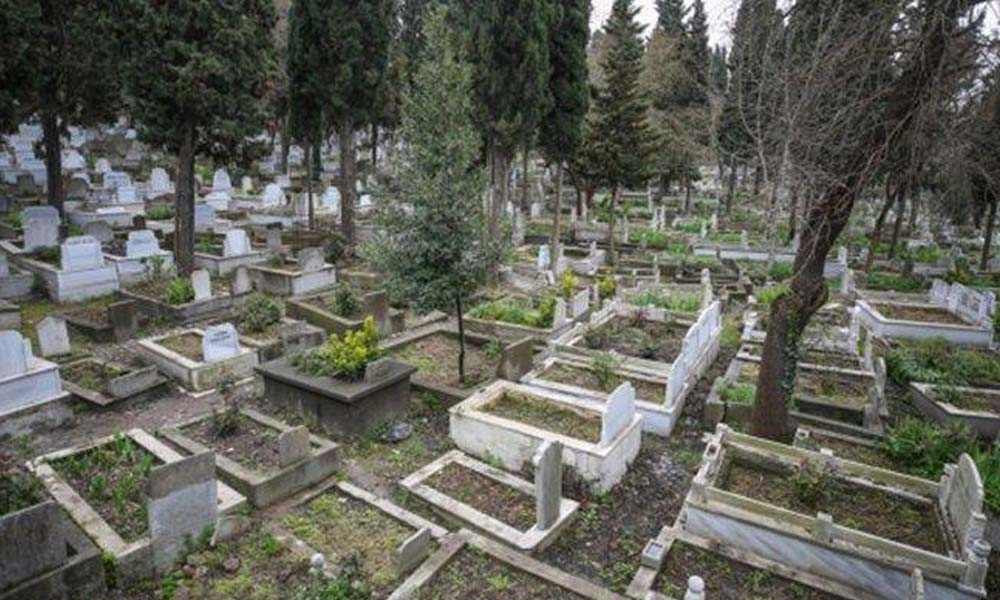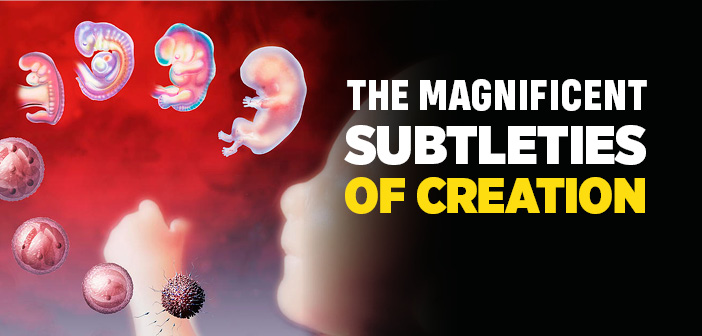What is the mystery of death? How does the Qur’an describe death? How should death be understood in Islam?
Muhammad ibn Kab al-Qurazi recounts:
“I had once met Omar ibn Abdulaziz in Medina. Back then he was a young man, quite handsome and wealthy, too. Years later when he became Caliph, I went to see him. After getting permission to go in next to him, I made my way through. Seeing him, however, I was stunned and I could not help but stare at him, astounded.
‘Why are you looking at me like that, Muhammad?’ he asked.
‘You have gone pale, your body looks worn out, you have lost most of your hair and what remains of it is gray’, I responded. ‘Seeing you in this condition, Caliph, I could little hide my surprise.’
‘Who knows then how great your surprise would be Muhammad, if you were to see me three days after I was placed in my grave’ said he. ‘Ants will have taken my eyes out of their sockets and they will have dribbled onto my cheeks; and my nose and mouth will have been filled with pus. It is really then that you will not recognize me and express a surprise greater than you can imagine!’” (Hakim, IV, 300/7706)
Above anything else, each person must contemplate his end: how is he to breathe his last, what will he encounter in the grave and what will his rank be in the Hereafter? These are the greatest mysteries lying in front of human beings; grasping the secret to the journey from the crib to the coffin and the wisdom underlying existence in this world and subsequent passage to the Hereafter. Each of us must make every effort in life to solve this riddle and thereby achieve eternal bliss.
One must first of all contemplate mortality, for it is an indisputable fact that:
“All that is on earth will perish.” (ar-Rahman, 26)
There will come a day with no tomorrow; a day unknown to all of us. Allah, glory unto Him, states:
“And the agony of death will come in truth; that is what you were trying to escape. And the trumpet shall be blown; that is the day of the threatening.” (Qaf, 19-20)
Everyone enters this life through one door, the mother’s womb, and lives out this life, a steeplechase that is run in a flurry of either spiritual or egoistical feelings. After passing through this narrow corridor, through the gate of the grave, each person finally makes their passage to the life of eternity.
The world, like a house with two doors, has been filled with and emptied of countless human beings, from the time of Adem –upon him peace- until today. Where are they now? Where will we be a short while later? Unknown…But one thing is for certain. Death has knocked on the doors of both the oppressors and the oppressed, sinners and saints; and now they stand waiting for the beginning of eternal life, Judgment Day.
Just to think that the ground which we walk on is filled with the bodies of billions of deceased human beings to have lived until now; bodies now completely turned to dust, like billions of shadows piled upon one another…Tomorrow, we too are bound to glide into this dense shadow. From there, an eternal life will begin; a journey to the never-ending. In that case, let us each stop awhile and think: What person in their right mind would trade a moment for eternity?
In the Quran, the Almighty declares:
“On the day that they see it, it will be as though they had not tarried but the latter part of a day or the early part of it,” (an-Naziat, 46), informing us just how short this life is compared to the life of everlasting.
Echoing this truth is the following couplet, abbreviating the essence of worldly life:
Delicate is life, rapid, like the blink of an eye,
A bird taking flight, we heard not, yet it went by…
(Âşık Paşa)
Could there be anything more incredibly foolish than ruinously laying waste to the treasure of this earthly life like it is forever?
Source: Osman Nuri Topbaş, Contemplation in Islam, Erkam Public.




